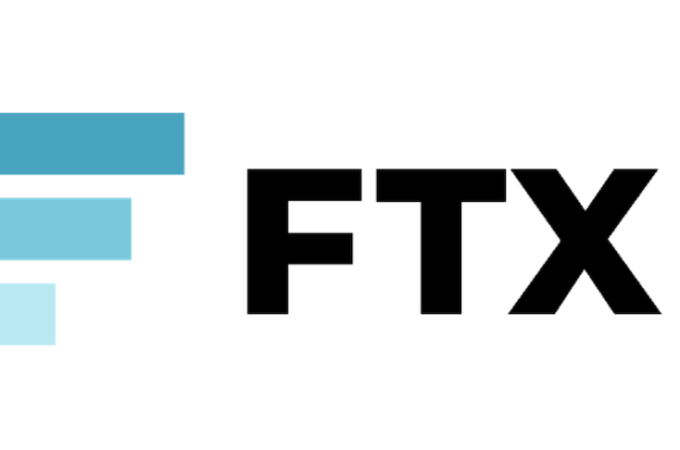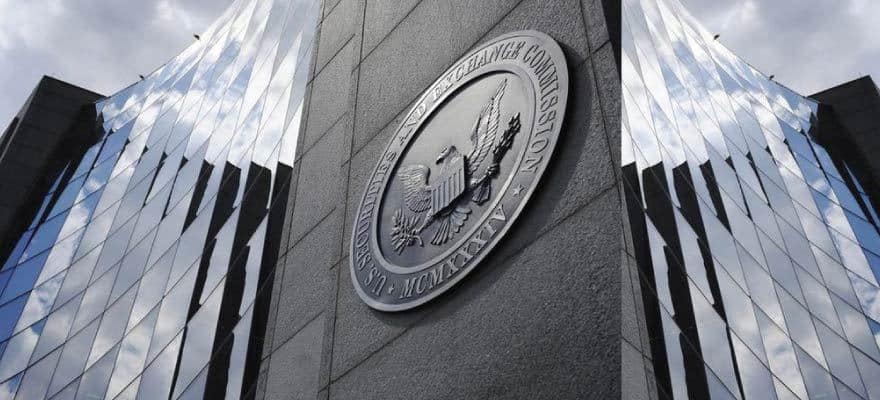
French Regulator AMF Opens MiCA Applications, Paving Way for EU-Wide Crypto Regulation
The Autorité des Marchés Financiers (AMF), France’s financial markets regulator, has begun accepting applications for crypto asset service provider (CASP) licenses, marking a significant step towards implementing the European Union’s Markets in Crypto-Assets (MiCA) regulation. This move, initiated on July 1, 2024, positions France as the first major EU economy to open its doors for MiCA-compliant applications, well ahead of the regulation’s full implementation date.
MiCA, set to come into force on December 30, 2024, will require all crypto-asset service providers operating within the EU to obtain prior authorization. The regulation covers ten specific services, including custody and administration of crypto-assets, operating trading platforms, and providing various exchange and advisory services.
Under the new framework, CASPs will need to comply with common rules addressing anti-money laundering, cybersecurity, governance, and conflict of interest management. The AMF has emphasized that these requirements are more stringent than those currently in place under France’s existing PACTE regime.
To facilitate a smooth transition, the AMF has outlined a grace period for existing providers. Those currently operating under France’s digital asset services provider (DASP) registration or authorization will have until June 30, 2026, to obtain MiCA authorization. However, it’s important to note that during this transition period, these providers will not benefit from the European passport, which allows operation across EU member states.
The AMF has strongly encouraged interested parties to begin preparations as early as possible, given the increased regulatory demands. To assist with this process, the regulator has published comprehensive guidance on its website, detailing the new European framework and application procedures.
This proactive stance by the AMF underscores France’s commitment to establishing itself as a crypto-friendly jurisdiction within the EU’s regulatory landscape. It also highlights the growing importance of regulatory compliance in the rapidly evolving crypto industry.





